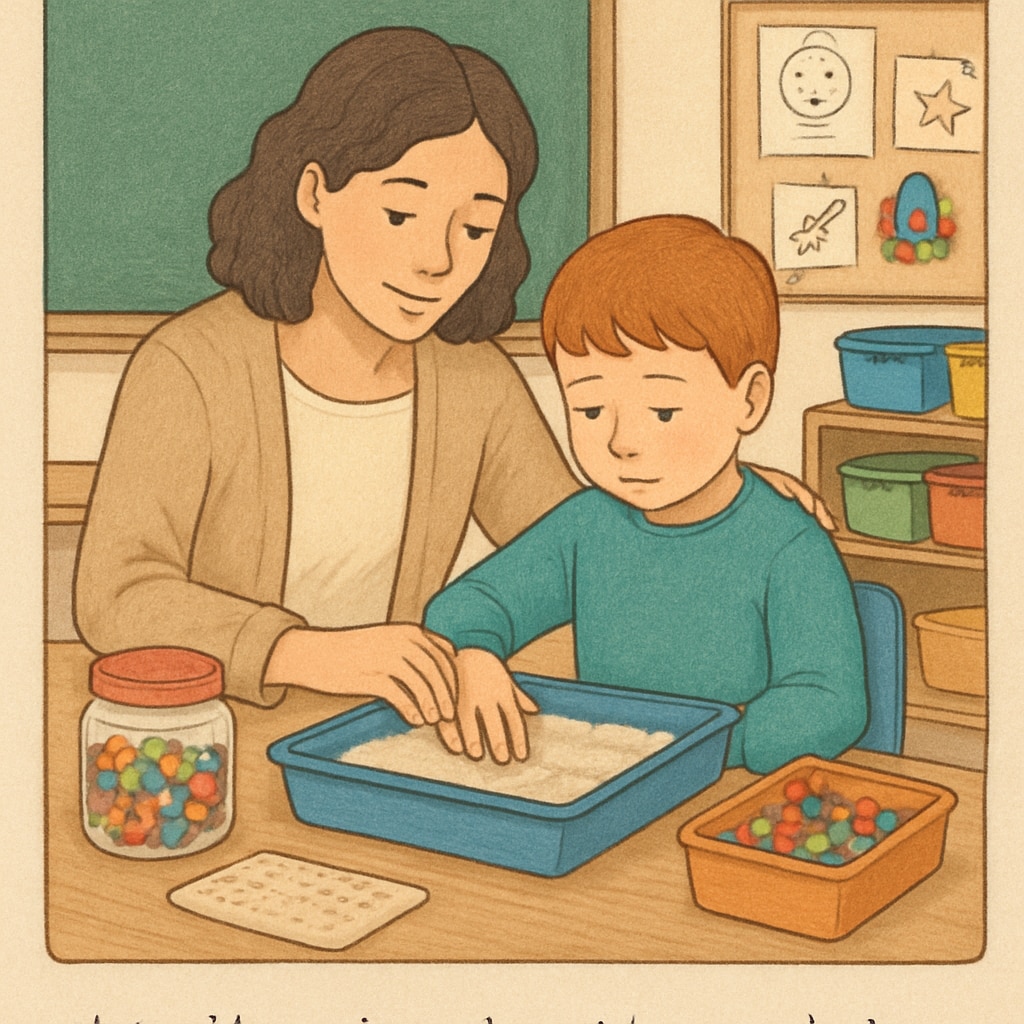Working in special education as a teaching assistant for children with autism is both a fulfilling and challenging career path. The role demands patience, empathy, and resilience, as it involves supporting students with unique needs and helping them achieve their full potential. In this article, we will explore the daily responsibilities, emotional and physical demands of the job, strategies for preparing for an interview in this field, and advice on how to maintain a healthy work-life balance. For those considering or entering this rewarding profession, this guide provides practical insights and actionable tips.
The Role of a Teaching Assistant in Autism Education
Teaching assistants (TAs) in special education classrooms play a crucial role in supporting children with autism spectrum disorder (ASD). Their responsibilities often include:
- Providing one-on-one academic and behavioral support tailored to each child’s Individualized Education Plan (IEP).
- Assisting with communication, especially for non-verbal students, using tools like picture exchange systems or assistive technologies.
- Helping students develop social and life skills through structured activities.
- Monitoring and recording student progress to share with teachers and parents.
The diversity of students’ needs means that no two days are the same. For example, one child might require assistance with sensory regulation, while another might need help staying focused during lessons. As a result, teaching assistants must be adaptable and proactive problem-solvers.

Preparing for an Interview as a Special Education Assistant
For those aspiring to become a teaching assistant in special education, preparing thoroughly for an interview is essential. Here are some practical steps:
Understand the Role
Research the responsibilities of a teaching assistant in special education settings. Familiarize yourself with common tools and strategies used in autism education, such as Applied Behavior Analysis (ABA) and sensory integration techniques.
Highlight Relevant Skills
Emphasize skills such as patience, empathy, and strong communication during the interview. If you have prior experience working with children or individuals with special needs, share specific examples that demonstrate your ability to handle challenging situations effectively.
Prepare for Scenario-Based Questions
Interviewers often ask how you would handle specific challenges, such as a child experiencing a sensory meltdown. Use the STAR method (Situation, Task, Action, Result) to structure your answers and showcase your problem-solving skills.

Balancing the Emotional and Physical Demands
Being a teaching assistant in special education is not without its challenges. The physical demands of assisting children with mobility issues or managing behavioral outbursts can be taxing. Similarly, the emotional toll of addressing the frustrations and setbacks of students can lead to burnout without proper self-care. Here are some strategies to maintain balance:
- Practice Self-Care: Regularly engage in activities that help you recharge, such as yoga, meditation, or hobbies.
- Seek Support: Connect with colleagues or join online communities for teaching assistants in special education. Sharing experiences can help you feel less isolated.
- Set Boundaries: While it’s natural to care deeply about your students, ensure you maintain a clear boundary between your work and personal life.
Remember, taking care of yourself allows you to provide the best support to your students.
The Rewards of Working in Special Education
Despite the challenges, the rewards of being a teaching assistant in special education are immense. Witnessing a child achieve a milestone—whether it’s saying their first word, making a friend, or mastering a new skill—can be incredibly fulfilling. Your role contributes directly to their growth and independence, making the effort worthwhile.
According to a report by the Autism Speaks foundation, early and consistent intervention can significantly improve outcomes for children with autism. As a teaching assistant, you play an integral role in this process, helping to shape the trajectory of a child’s life.
For more information about autism and educational strategies, you can also explore resources on Britannica’s autism page.
In conclusion, working in special education as a teaching assistant is a career filled with both challenges and profound rewards. By preparing effectively for the role and maintaining a healthy work-life balance, you can thrive in this meaningful profession and make a lasting impact on the lives of children with autism.
Readability guidance: Use concise paragraphs and actionable tips to improve clarity. Incorporate over 30% transitional phrases to maintain flow. Highlight key points through lists and examples.


